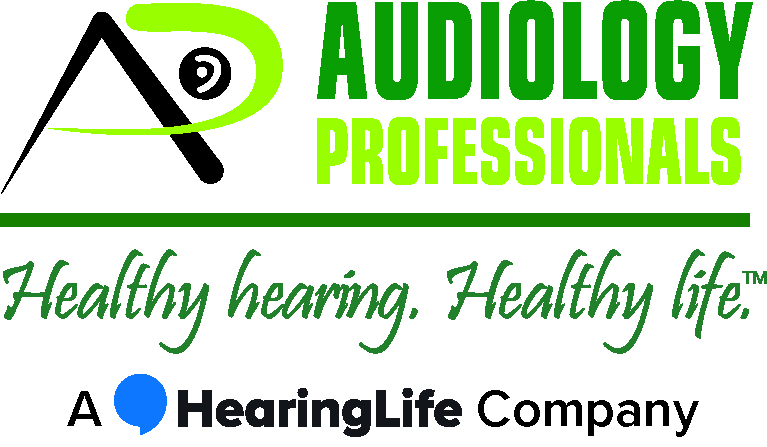It may be a good idea to have your hearing checked if you’ve been diagnosed with sleep apnea. While researchers are still studying the relationship between the two, hearing loss and the sleep disorder appear strongly linked according to several studies published in the past few years.
In one study, data was gathered from nearly 14,000 people. The results found that hearing impairment was more common among those who had a higher body mass index, snored and had severe sleep apnea. Study participants received in-home sleep apnea studies and on-site audiometric testing.
Another study, published by the Journal of Clinical Sleep Medicine, found that among people with severe obstructive sleep apnea, those with the lowest oxygen levels were much more likely to have a hearing impairment.
What is Sleep Apnea?
Sleep apnea is a sleep disorder that occurs when a person’s breathing is interrupted during sleep. The condition causes your breathing to stop and start and can occur repeatedly throughout the night, causing loud snoring, daytime sleepiness, and health issues. With that in mind, there are three types of sleep apnea:
- Obstructive sleep apnea (OSA): This is the most common type of sleep apnea. During sleep, the muscles in the back of the throat relax and collapse, blocking the airway. As this happens, you may start to breathe with loud gasps or jerk your body. This can affect your sleep, lower the flow of oxygen to your vital organs and lead to abnormal heart rhythms.
- Central sleep apnea (CSA): In this type of sleep apnea, the brain does not send signals to the muscles that control your respiratory control center. As a result, breathing can stop during sleep for short periods of time. Central sleep apnea happens most in people with neuromuscular diseases such as ALS, or Lou Gehrig’s disease, those who’ve had a stroke, or in people with forms of heart, kidney, or lung disease.
- Complex sleep apnea: This is a combination of the two.
An estimated 18 million Americans suffer from sleep apnea, many of them unaware of their condition. Sleep apnea can occur in people of any age, but it is more common in adults, especially those who are overweight or have certain medical conditions like congestive heart failure, hypothyroid disease, kidney failure, Parkinson’s disease, and Alzheimer’s.
How Sleep Apnea Affects Hearing Loss
Sleep apnea and hearing loss might be connected because both are caused by inflammation and abnormal blood vessel functioning.
The reason for this connection could be explained by a variety of factors. One theory is that loud snoring, which is often associated with sleep apnea, can damage the blood vessels in the ear over time. This damage can lead to hearing loss. Another possibility is that sleep apnea can cause inflammation in the body, resulting in damage to blood vessels and ultimately hearing loss.
What to do if You Have Sleep Apnea?
If you suspect you have sleep apnea, it’s important to speak to your doctor. If left untreated, it can have severe effects on your health, including your hearing. If you are diagnosed with sleep apnea, the good news is that there are numerous effective treatments available, so suffering is no longer necessary.
Contact Us Today!
If you are worried about the impact of sleep apnea on your hearing and would like to speak with one of our hearing care professionals, get in touch today. Contact the Audiology Professionals team by calling (541) 228-9233. Alternatively, click here to contact us online.
